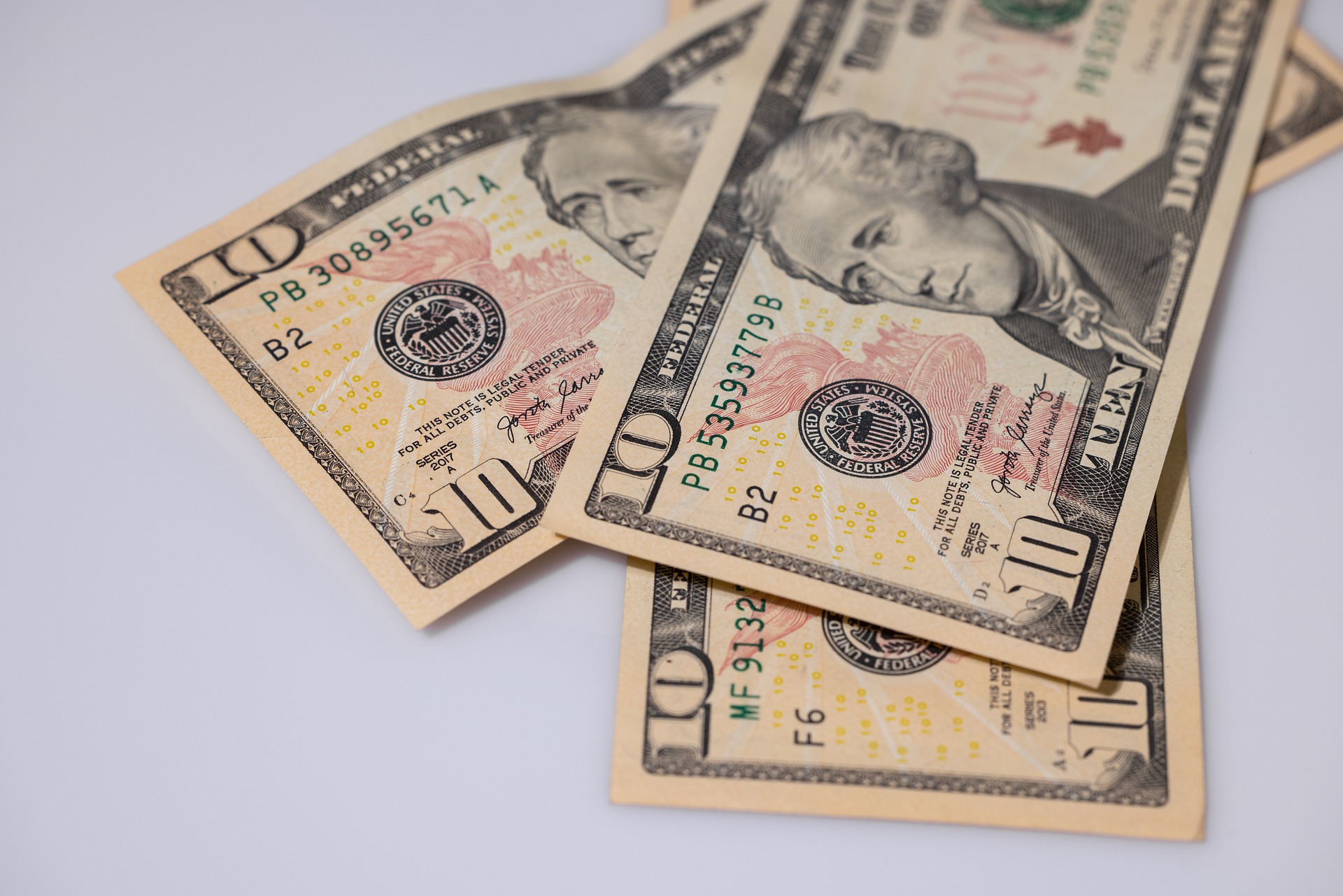
03 Feb I bought a bond. When will I start to get interest?
Photo: pixabay.comQ. I purchased a $10,000 I-bond on December 10, 2021. When can I expect to see interest added? How often will I get it?
— Investor
A. Congrats on your investment.
Let’s go through how these government bonds work.
Investors can invest in Treasury securities directly with the U.S. government by going online at TreasuryDirect.gov, said Debra Ohstrom, a chartered financial analyst and financial educator.
There are quite a few choices for investors, depending on whether you need to generate income every 6 months or prefer to have the interest accrue, she said.
Through the website, you can buy Treasury notes or bonds that pay out an interest payment every six months, or a savings bond that accrues interest monthly, but investors only receive the interest earned when they cash out the entire amount of the savings bond, Ohstrom said.
When it comes to savings bonds, there are two types: the EE-bond which earns a fixed rate of interest and the I-bond which earns a fixed rate plus a variable rate tied to Inflation.
I-bonds currently have a high interest because of the high Consumer Price Index, she said.
“Keep in mind that you need to hold onto an I savings bond for at least one year and if you hold it for less than five years, you can lose three months’ worth of earnings when cashing out,” Ohstrom said. “Your earned interest gets added to the value of the bond on the first of every month and compounded semi-annually.”
Other Treasury securities such as T-bills, T-notes and T-bonds are all of different maturities and pay out the interest every six months to investors, she said.
Another type of Treasury security that pays out semi-annual interest to investors are Treasury Inflation-Protected Securities (TIPS), whose value is tied to the rate of inflation, she said.
“If you are looking to invest in bonds right now, please keep in mind that currently with interest rates on the rise, the principal value of a bond can go down if you cash it in earlier than its stated maturity date,” Ohstrom said. “You can protect yourself somewhat by keeping the maturity date as short as possible so it impacts the principal value less when rates rise.”
Email your questions to .
This story was originally published on Feb. 3, 2022.
NJMoneyHelp.com presents certain general financial planning principles and advice, but should never be viewed as a substitute for obtaining advice from a personal professional advisor who understands your unique individual circumstances.

